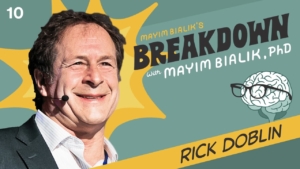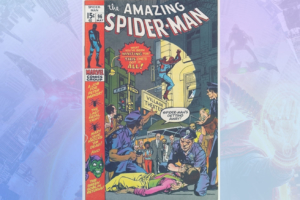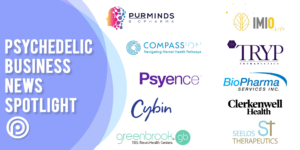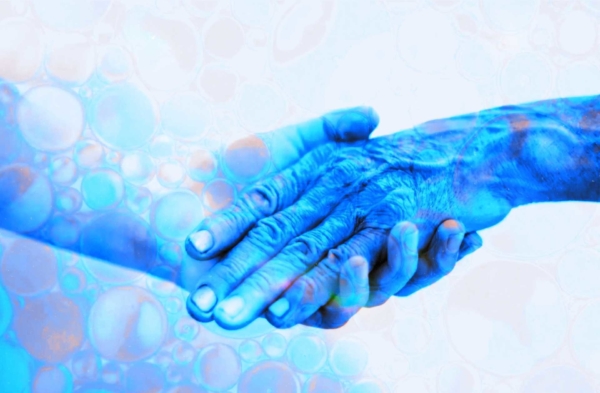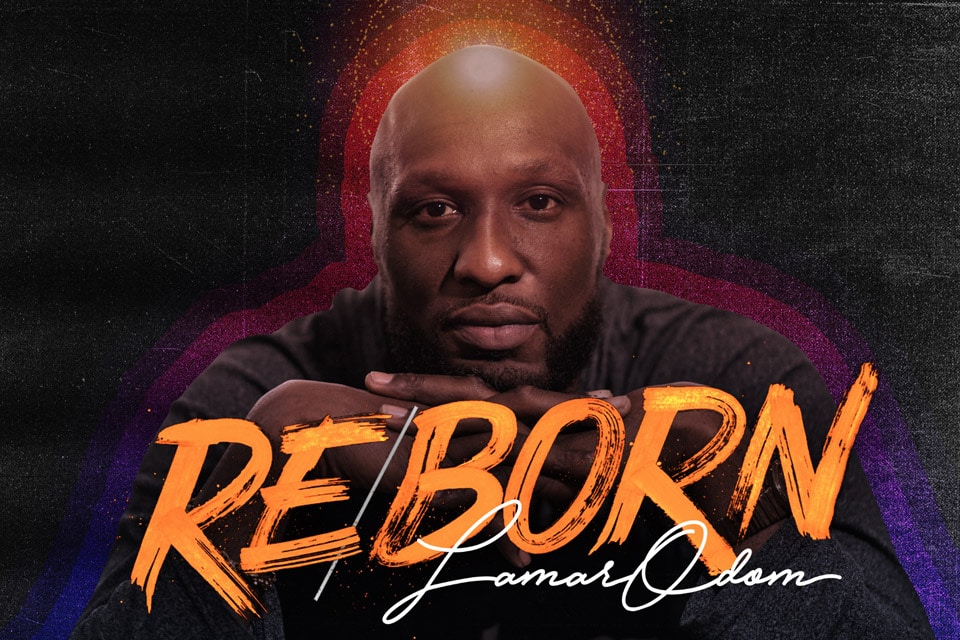
The documentary film “Lamar Odom Reborn,” which highlights the former NBA player’s recovery from addiction using psychedelic medicine, premieres May 20.
Odom has seen his fair share of the limelight both on and off the court. Known for winning championships in 2009 and 2010 as a member of the Los Angeles Lakers, his relationship with Khloe Kardashian also played out on “Keeping Up with the Kardashians” and the E! reality show spinoff “Khloe and Lamar.”
But it was his drug overdose and near-death experience at a Nevada brothel in 2015 that shed light in on the struggles that Odom had been dealing with most of his life—losing his mother to cancer when he was 12, losing the grandmother who raised him in 2003, losing his 6-month-old son to sudden infant death syndrome in 2006. In 2011, after a young cousin was killed in New York, he told the Los Angeles Times, “Death always seems to be around me. I’ve been burying people for a long time.”
The very public figure kept his anxiety and depression to himself, but turned to drugs to deal with the angst. The self-medicating was killing him. Then entrepreneur and award-winning film maker Mike “Zappy” Zapolin intervened, convincing Odom to consider alternative therapies, including meditation and psychedelic medicine to deal with the emotional trauma he’d been carrying around.
Odom was skeptical at first because of the stigma attached to psychedelics. But Zapolin convinced him not only to give it a try, but to allow Zapolin’s film crew to chronicle his recovery. “Reborn” follows Odom through medically guided meditation and the psychedelics ibogaine and ketamine.
Ibogaine is a naturally occurring psychoactive substance found in the tabernanthe iboga rainforest shrub native to West Africa. It is a hallucinogen that has been shown to eliminate symptoms of withdrawal in people with opioid and heroin addiction. Ibogaine is illegal in the U.S. but available for ceremonial purposes in other countries. Ketamine, another dissociative anesthetic, is used in the U.S. in medical and emergency settings as a sedative and pain reliever. Ketamine is known to quickly and effectively relieve symptoms of depression.
Odom’s transformation through psychedelic medicine is helping to sway public perception of mental health as well as the healing potential of psychedelics.
“Admitting you are depressed or asking for help is a challenge for anyone,” Odom says. “My hope is that sharing my journey in ‘Reborn’ will open a dialogue for millions of people. The alternative medicines I explore in the film changed my life, giving me the power and strength to make better choices, repair relationships, and break unhealthy patterns. Just months after my first ketamine and ibogaine treatments, I felt physically well enough to play professional basketball again.”
“My hope,” he adds, “is that sharing my journey will open a dialogue about mental health for millions of people.”
